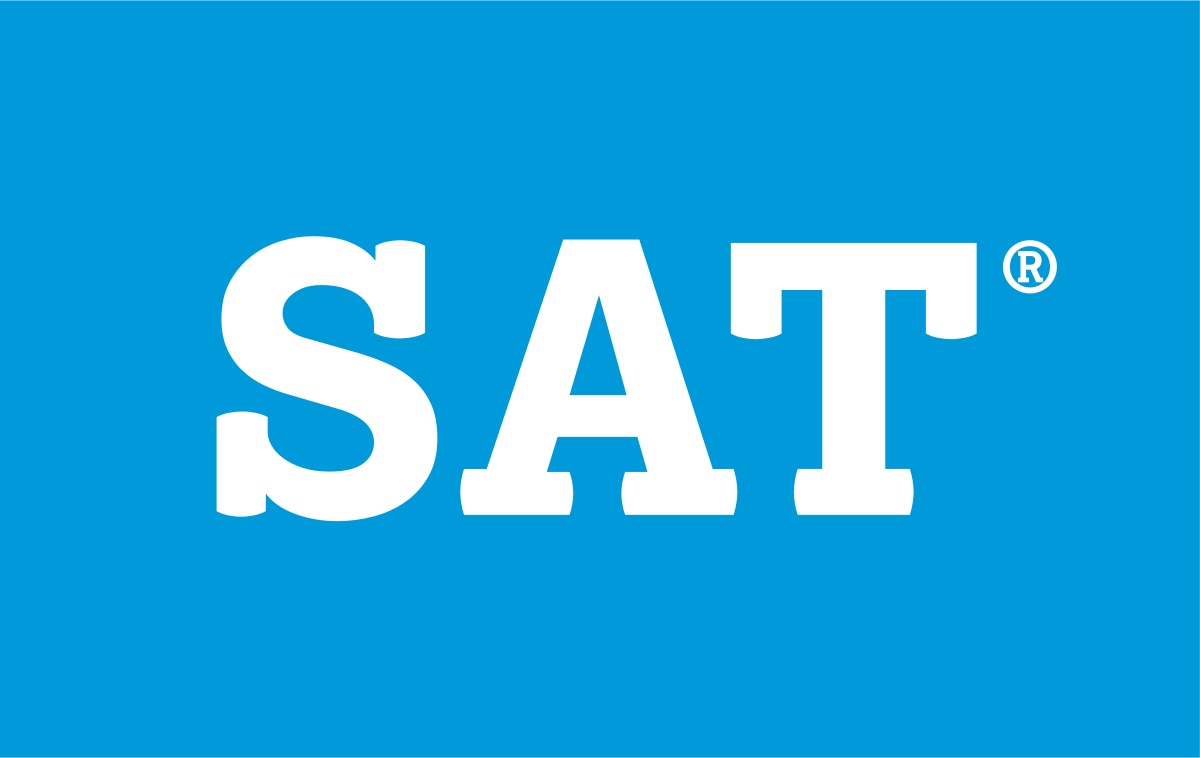
SAT
Navigating Success: Your Guide to SAT Mastery
The SAT, a pivotal step for students aspiring to pursue higher education, is more than a test—it's a pathway to unlocking academic opportunities. Designed to assess readiness for college, the SAT evaluates critical thinking, mathematical reasoning, and evidence-based writing skills. Here's your guide to mastering the SAT and positioning yourself for success on this important academic journey.
Why SAT Matters:
1. College Admissions Gateway:
A significant
number of colleges and universities across the globe consider SAT scores in
their admissions process. A strong SAT performance enhances your application
and increases your chances of securing admission to your preferred
institutions.
2. Merit Scholarships and Financial Aid:
High SAT scores can
open doors to merit-based scholarships and financial aid opportunities.
Excelling in the SAT not only impacts your acceptance but also influences your
financial investment in higher education.
3. Benchmark for Academic Preparedness:
SAT scores serve as a benchmark for gauging academic preparedness. Achieving a competitive score reflects your readiness for college-level coursework, giving you an advantage in the admissions process.
Strategies for SAT Success:
1. Comprehensive Study Plan:
Develop a
comprehensive study plan that covers each section of the SAT—Reading, Writing
and Language, Math (Calculator and No Calculator). Allocate time strategically
based on your strengths and areas that need improvement.
2. Understanding Test Structure:
Familiarize
yourself with the structure and format of the SAT. Knowing the types of
questions, timing, and scoring system will help you approach the test with
confidence on exam day.
3. Critical Reading and Analytical Writing:
Hone your critical
reading skills and master the art of analytical writing. Practice interpreting
complex texts and crafting well-structured essays to excel in the Reading and
Writing sections.
4. Mathematics Proficiency:
Strengthen your mathematical reasoning and problem-solving abilities. Work on understanding mathematical concepts and formulas to confidently tackle both the Calculator and No Calculator sections.
5. Practice with Official Materials:
Utilize official
SAT practice materials, including sample questions and full-length practice
tests. This will help you become familiar with the test's style and improve
your time management skills.
Your SAT Success Journey:
Preparing for the SAT is not just about scoring high; it's
about honing the skills that will serve you well in college and beyond. With
strategic planning, dedication, and a commitment to continuous improvement, you
can navigate the SAT successfully and position yourself for a future of
academic achievements. Embrace the challenge, stay focused, and let your SAT
success be the first step toward realizing your educational dreams. Best of
luck on your SAT journey!